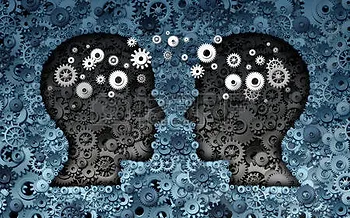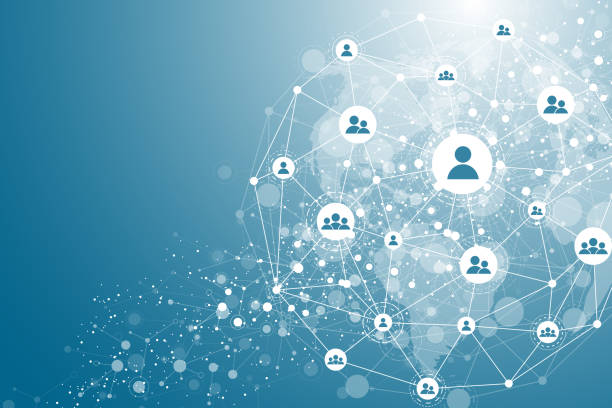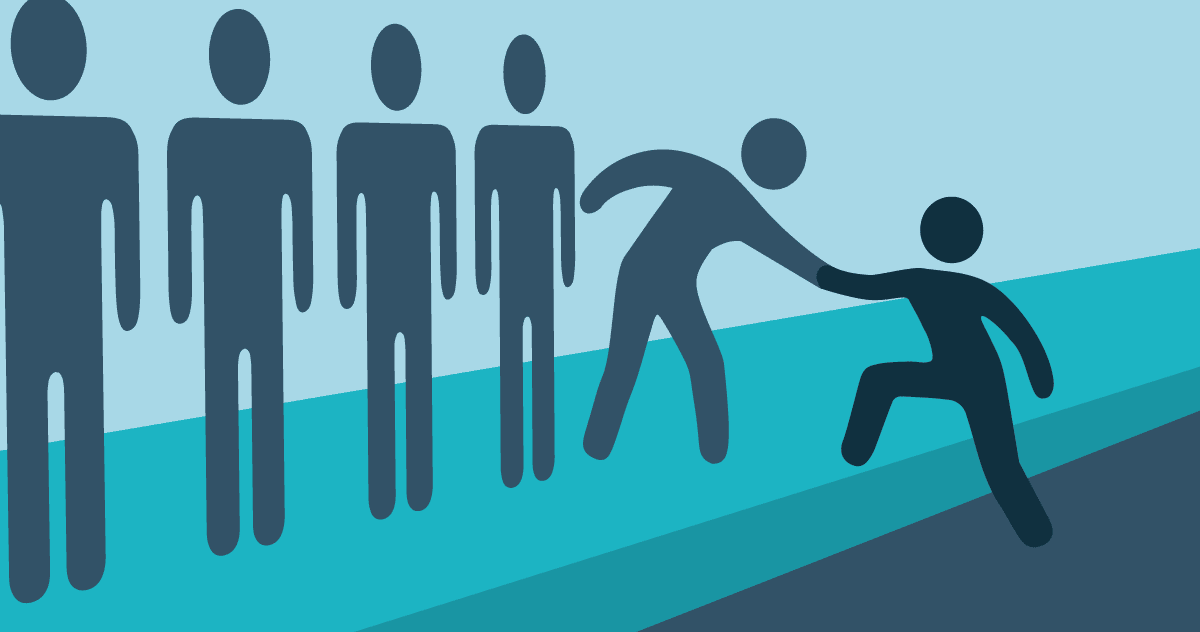Every now then I come across a piece of writing that articulates something so profound and with such truth and impact that it affects my way of thinking, seeing and understanding. Stanford Psychologist, Carol Dweck’s Growth Mindset, The New Psychology of Success is just such a piece of work; more accurately, it’s a seminal piece of work. Dweck’s research identifies two distinct mindsets in people, and she has been able to identify these mindsets in pre-school children, adolescents and adults.
Fixed mindset vs Growth mindset
The two mindsets are a Growth Mindset and a Fixed Mindset. People who currently see the world through a Fixed Mindset believe that they and others’ talent, intelligence, skill and mental capacity are innate gifts that are ‘fixed’ or defined almost at birth; and that there is little they can do to develop or improve these abilities. People with a Growth Mindset however believe that their talent can be developed through hard work, practice and help from others.
So how do people with either of these mindsets act and sound? Well a good example comes from Dweck’s own research. Dweck and her team brought a group of adults into Columbia’s Brain Wave Lab and measured their neural activity while they were being asked difficult questions, and then while they were being given feedback. She identified two distinct groups during the feedback session. The first group tuned out when they were getting information about the questions they got wrong, showing no interest in hearing about where they had ‘failed’. The second distinct group did the opposite, they tuned in when they were getting the same information because they saw it as an opportunity to learn and improve.
Put simply people who sees things through a Fixed Mindset see failure as something to be avoided at all costs, however people with a Growth Mindset see failure as a valuable opportunity to learn and improve. What’s more Dweck has shown that both mindsets can be nurtured in early childhood. An over-emphasis on and praise for success can encourage a Fixed Mindset; but praise for effort and learning encourages a Growth Mindset.
People with a Fixed Mindset can go to extreme lengths to avoid looking silly, failing, or exposing their perceived limits; and Dweck has shown that this can include playing safe, staying within their comfort zone, and in extreme cases misrepresenting the facts (lying). The Growth Mindset however is very comfortable going beyond their current limits because of the opportunity to learn and grow, and they see no threat in not succeeding first time round.
Whilst no individual is entirely one or the other, this has profound consequences for people and organisations.
Using failure as an opportunity to grow & learn
If an organisation genuinely wants to encourage creativity and innovation then the language of its leaders must be “So what are we learning from this?” and not “Why did you fail?” If an organisation wants to encourage resilient thinking then its leaders must help their people to see the opportunity for learning and growth that comes from challenging and difficult times.
There are many other aspects of life both professional and personal life where a Growth Mindset has so much to contribute. I’ve been drawn into thinking about sport and my own personal journey and I’m seeing it in others; most recently Paul O’Connell referenced Dweck’s work in his autobiography.
It has so much resonance with the rapidly changing ambiguous world in which we live that surely it’s got to be a survival mindset; and organisations are starting to see it the same way. Research conducted by Egon Zender and published in Harvard Business Review in 2015 found that (when hiring) people with a Growth Mindset were more likely to outperform new recruits whose hiring decisions were based on academic qualifications and past performance alone. We cannot afford to allow people to stay in this Fixed Mindset because we don’t know what new skills they will need for the future so we need them to learn constantly. The good news is we can help people to learn the Growth Mindset.
Neuroscience is telling us that our brains can continually develop throughout their life, this is neuroplasticity. Our mental capacity and our capacity for learning is unknown and limited only by the limits we place on ourselves and on others.



